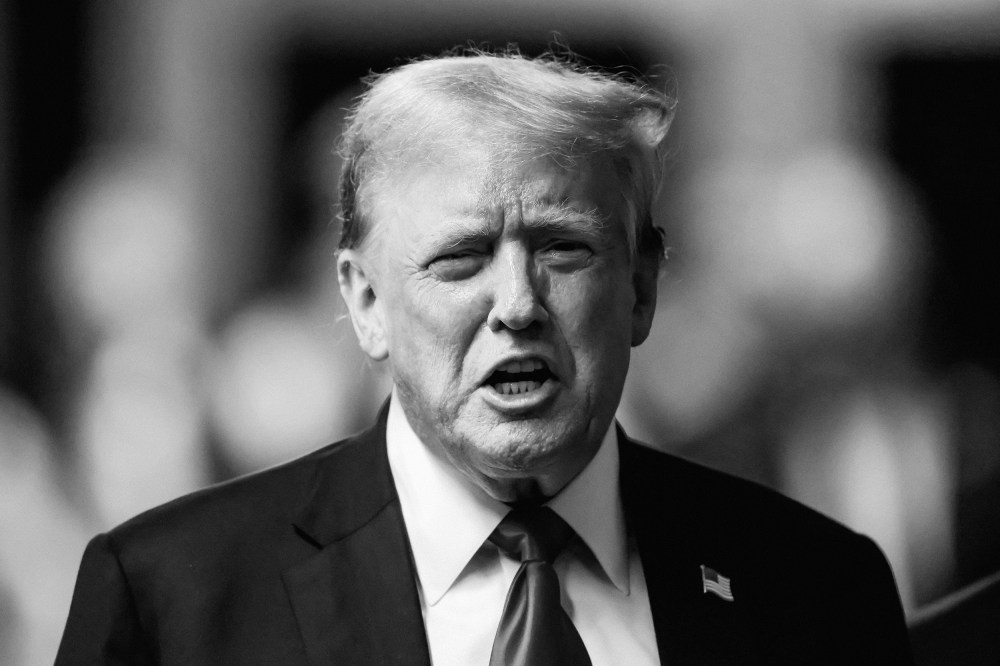Donald Trump has now been convicted of a felony. Nonetheless, many doubt that the former president will ever see the inside of a prison cell.
The doubters may be right — we’ll find out what Judge Juan Merchan thinks at his July 11 sentencing hearing. But as a former state and federal prosecutor, the author of many works on criminal sentencing and a sentencing consultant to major white-collar criminal defendants, I think the factors usually considered in such cases would support sending Trump to prison.
We know Trump’s supporters will see any serious punishment as corrupt political persecution — just as they did the trial and the jury verdict.
Traditional white-collar sentencing factors include the seriousness of the offense, the history and character of the defendant (which can include the defendant’s behavior before and after detection of the offense) and the need for the sentence to promote public respect for the law and provide just punishment to the defendant.
Trump’s status as a former and aspiring future president adds an additional element unique to Judge Merchan’s deliberations. One can fairly argue that imprisoning a former president for conduct related to his campaign could be unhealthy for the nation, inviting a cycle of tit-for-tat political prosecutions. This contention is perhaps even more compelling in the case of a former president running for another term. We know Trump’s supporters will see any serious punishment as corrupt political persecution — just as they did the trial and the jury verdict.
However, in my view, Trump’s status also renders his offense far more serious and his behavior during the case indefensible, thus making a prison sentence more plausible.

In white-collar cases, the seriousness of the criminal offense is often measured by the monetary harm caused or threatened by the defendant’s conduct. However, some white-collar crimes, particularly those involving public corruption, are considered especially serious because they subvert the public’s interest in honest governance, even if they do not cause economic injury.
Most violations of New York’s business records laws are likely to be considered fairly minor because their object was to secure modest financial gains or avoid regulatory or tax obligations. But in Trump’s case, the prosecution’s theory was that Trump falsified business records to hide payoffs to a porn star that would damage his presidential campaign. In simple terms, the object of the crime was to corruptly affect a presidential election. And that elevates Trump’s offense above a simple recordkeeping default to something far graver.
Sentencing judges also consider the histories and character of defendants in judging personal responsibility and the likelihood of recidivism. Hence, a first-time offender who has led an otherwise exemplary life is considered less blameworthy than a persistent malefactor and less in need of the incapacitation and deterrence that prison would provide.
One common gauge of a defendant’s character is prior criminal record. Trump has no prior criminal convictions. However, sentencing judges may consider a wide range of evidence about a defendant’s past behavior, regardless of whether it resulted in a criminal conviction.
Trump has been found by New York civil juries to have sexually assaulted and defamed E. Jean Carroll. A New York judge found that Trump’s business defrauded banks and the state of New York.
More importantly, Trump’s efforts to corrupt elections have not been limited to concealing payments to adult performer Stormy Daniels. Trump was impeached once for extorting Ukraine to damage an electoral opponent. And as a majority of both the House and the Senate found in Trump’s second impeachment (and as the House Jan. 6 committee later documented in painstaking detail) Trump actively sought to steal the 2020 election.












